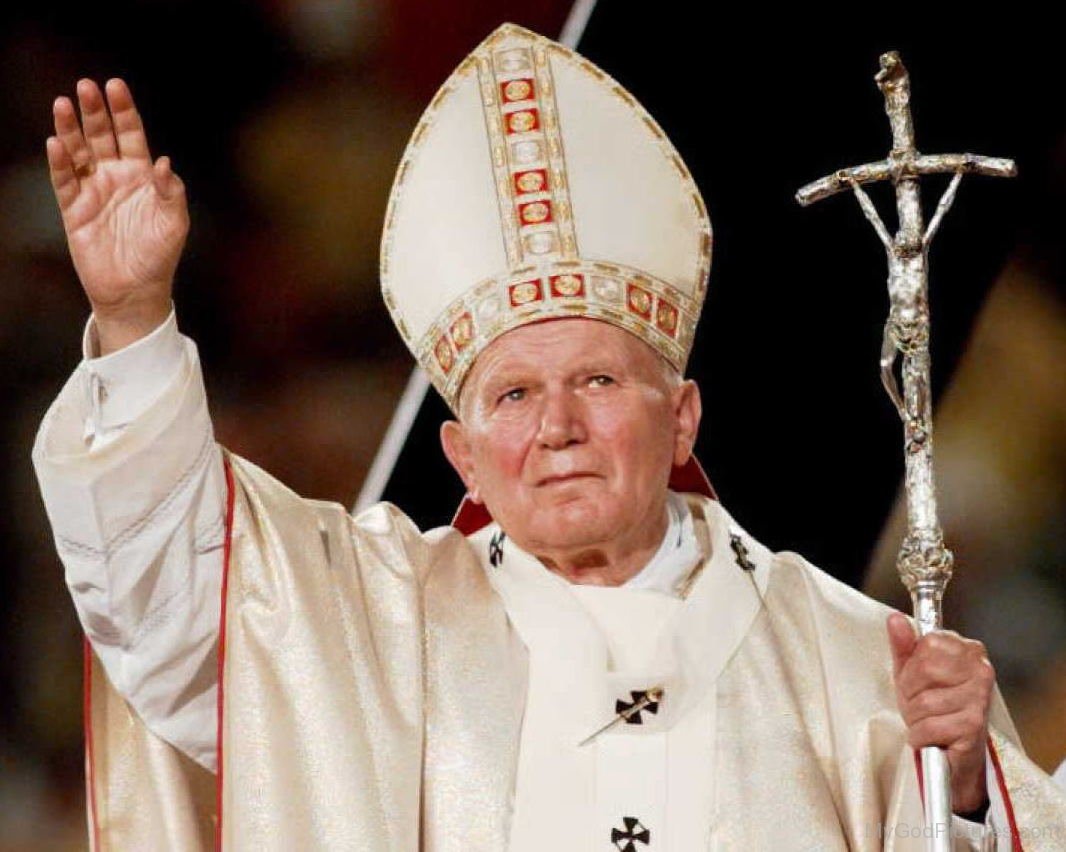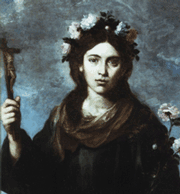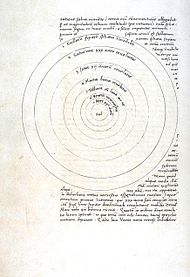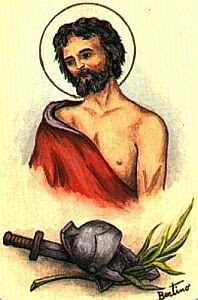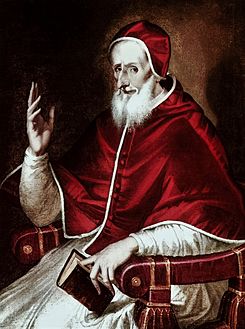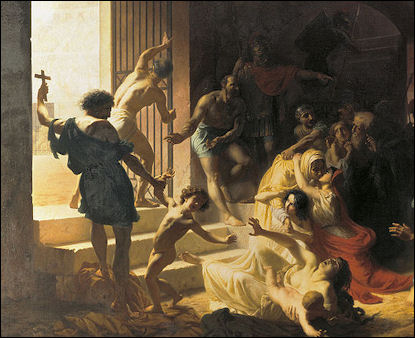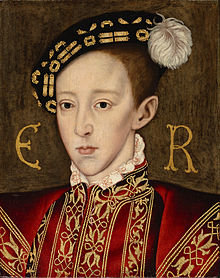1937
“Mitt brennender Sorge”
It is with deep anxiety and growing surprise that We have long been following the painful trials of the Church and the increasing vexations which afflict those who have remained loyal in heart and action in the midst of a people that once received from St. Boniface the bright message and the Gospel of Christ and God’s Kingdom.
In 1933, after years of debate between the German Catholic Church and state, the Vatican and the new Nazi government signed a pact, or Reichskonkordat. In return for withdrawing support from German Catholic political parties or interfering in politics, the Catholic Church was guaranteed rights for their members. Many of the Germany clergy felt there was little sense in trusting Hitler but that this was the best deal they could hope for in the new political reality. One cardinal said, “With the concordat we are hanged, without the concordat we are hanged, drawn and quartered.”
The Nazis ignored the pact when it suited them and soon began eroding Catholic religious institutions, especially regarding the education of children and the existence of lay organizations. In 1937 Pope Pius XI issued a papal letter of protest called “Mitt brennender Sorge” (“With burning anxiety”), written, not in the customary Latin, but in German, meant to be delivered in all Catholic churches in the country. It claimed that the state had violated the terms of the concordat and was leading the people astray. The letter set the issue in stark terms and drew clear conclusions about the evil of Nazi religious ideology:
Take care, Venerable Brethren, that above all, faith in God, the first and irreplaceable foundation of all religion, be preserved in Germany pure and unstained. The believer in God is not he who utters the name in his speech, but he for whom this sacred word stands for a true and worthy concept of the Divinity. Whoever identifies, by pantheistic confusion, God and the universe, by either lowering God to the dimensions of the world, or raising the world to the dimensions of God, is not a believer in God. Whoever follows that so-called pre-Christian Germanic conception of substituting a dark and impersonal destiny for the personal God, denies thereby the Wisdom and Providence of God who “Reacheth from end to end mightily, and ordereth all things sweetly” (Wisdom viii. 1). Neither is he a believer in God.
Whoever exalts race, or the people, or the State, or a particular form of State, or the depositories of power, or any other fundamental value of the human community – however necessary and honorable be their function in worldly things – whoever raises these notions above their standard value and divinizes them to an idolatrous level, distorts and perverts an order of the world planned and created by God; he is far from the true faith in God and from the concept of life which that faith upholds.
In the next year Pius XI spoke out more clearly on the German treatment of Jews in response to the attacks of Kristallnacht:
No, no, I say to you it is impossible for a Christian to take part in anti-Semitism. It is inadmissible. Through Christ and in Christ we are the spiritual progeny of Abraham. Spiritually, we are all Semites.
The full text of the English translation is here http://w2.vatican.va/content/pius-xi/en/encyclicals/documents/hf_p-xi_enc_14031937_mit-brennender-sorge.html

